Xiaomi Redmi 9 Review

Let’s make one thing clear immediately: the Xiaomi Redmi 9 is a phone with flaws, and it has a lot of them. On the other hand, it is one of the most affordable phones available anywhere right now, and it's hard to find a better phone at this price point.
The screen is of barely acceptable quality, the camera is disappointing, and the performance is middling at best, and yet, the Redmi 9 counters these with its superb design, good feature set, long battery life, and finally, the biggest ace in its sleeve — the ultra-affordable pricing. Let that sink in — the Redmi 9 starts at less than $130! This alone offsets all of the flaws that the phone has in store for us. Or does it? Let's look at the the many, many corners that have been cut to achieve this pricing.
Plastic is fantastic, especially on affordable phones, and the Redmi 9 once again proves that. The textured back of the Redmi 9 feels great in the hand and provides excellent grip when used naked, though I’d still recommend putting a case on. I actually quite like the textured back of the device, which not only helps with the grip, but also adds a certain "cool" factor to the device, and no, I have zero issues with the fact that I'm touching plastic. What’s more, plastic keeps the weight below 200 grams, which is admirable for such a large device with its humongous 5,020mAh battery. Don’t get me wrong, it’s still a big and heavy phone, but it doesn’t strike as such. Overall, the Redmi 9 is a joy to handle, despite its large dimensions.
There’s a traditional fingerprint scanner on the back of the Redmi 9 and it is fast and reliable. The only downside? It’s positioned right beneath the camera module and might even be easily confused for a camera lens at first glance, so whenever you reach for the sensor, you are almost guaranteed to smudge the cameras above. That’s an oversight in my opinion, and I'm not a fan of the sensor’s placement.
The Redmi 9 also comes with two hardware features that remain a signature of Xiaomi’s entry-level devices: a 3.5mm audio jack at the bottom and an infrared blaster on top to control your various home appliances.
The display of the Redmi 9 is pretty average. Sure, it’s large and spacious with its 6.53-inch diagonal, and the resolution is more than sufficient, but it’s an LCD FHD+ display with bleak colors, low brightness, and disappointing contrast. The display is lackluster, and I didn’t enjoy it at all during my time with the phone. You will also have a hard time under bright sunlight, as it’s just not bright enough.
Many corners have been cut on the Redmi 9, and the hardware loadout is one of those corners. The MediaTek Helio G8 chipset on board is a power-efficient choice, but it simply lacks processing power and you will often experience random stutters, various animation inconsistencies, and often choppy interface experience when pushing the phone too hard. While the phone does well in synthetic benchmarks, its real-life performance leaves a lot to desire.
The battery backup, fortunately, is spectacular on the Redmi 9. With the phone's fairly efficient hardware, the large, 5,020mAh battery takes a long while to drain. You can rest assured it will last you for a long time; in my experience, two days of usage were guaranteed. In our custom battery tests, the phone lasted for a combined time of 10 hours and 14 minutes, which is one of the best results we've seen so far in 2020. Charging, however, is pretty slow — the 10W charger included in the box topped up the Redmi 9 in 168 minutes, or 2 hours and 48 minutes. That's slow, but then again, what else did you expect?
There are three cameras on the Redmi 9: a 13MP main, an 8MP ultra-wide, a 5MP macro camera, and a 2MP depth sensor. You can also shoot at 2X, but don't get fooled, it's merely a digital zoom solution. There’s an 8MP selfie camera up front, and video quality tops up at 1080p at 30fps.
I didn’t expect much from the phone's camera and that's why I wasn't that disappointed with the image quality. Photos taken in ideal lighting conditions are okay, but often sport bleak colors, subpar dynamic range, and visible oversharpening with most photos you take. Selfies are good, portraits are definitely usable. Generally, I can't say I like any of the photos I took with the phone, and the bar to impress me stands pretty low, so that should be telling you something. When the lights go down, things get worse: there's lots of noise, lack of dynamic range, and smudgy details, which is kind of expected with such a humble device. Honestly, I wouldn't rely on the Redmi 9 for night-time shooting — it's camera setup is just not good enough.
Design
Plastic is fantastic, especially on affordable phones, and the Redmi 9 once again proves that. The textured back of the Redmi 9 feels great in the hand and provides excellent grip when used naked, though I’d still recommend putting a case on. I actually quite like the textured back of the device, which not only helps with the grip, but also adds a certain "cool" factor to the device, and no, I have zero issues with the fact that I'm touching plastic. What’s more, plastic keeps the weight below 200 grams, which is admirable for such a large device with its humongous 5,020mAh battery. Don’t get me wrong, it’s still a big and heavy phone, but it doesn’t strike as such. Overall, the Redmi 9 is a joy to handle, despite its large dimensions.
The Redmi 9 also comes with two hardware features that remain a signature of Xiaomi’s entry-level devices: a 3.5mm audio jack at the bottom and an infrared blaster on top to control your various home appliances.
Display
The display of the Redmi 9 is pretty average. Sure, it’s large and spacious with its 6.53-inch diagonal, and the resolution is more than sufficient, but it’s an LCD FHD+ display with bleak colors, low brightness, and disappointing contrast. The display is lackluster, and I didn’t enjoy it at all during my time with the phone. You will also have a hard time under bright sunlight, as it’s just not bright enough.
Hardware & performance
Many corners have been cut on the Redmi 9, and the hardware loadout is one of those corners. The MediaTek Helio G8 chipset on board is a power-efficient choice, but it simply lacks processing power and you will often experience random stutters, various animation inconsistencies, and often choppy interface experience when pushing the phone too hard. While the phone does well in synthetic benchmarks, its real-life performance leaves a lot to desire.
There’s 4GB of RAM on our unit and that’s okay as you can keep more than a few apps running in the background before they have to be reloaded. There’s also 64GB of native storage as well as a microSD card slot on board, which should generally be enough if you don’t shoot tons of video.
I like the fact that Xiaomi religiously continues to put a 3.5mm audio jack, an IR blaster, and a microSD card slot on its entry-level phones and this proves that it knows its userbase really well. Personally, I've grown accustomed to NOT having these features, but I have to admit, if I was considering getting a phone as affordable as this Redmi right here, I'd want these hardware features to be available.
Battery
The battery backup, fortunately, is spectacular on the Redmi 9. With the phone's fairly efficient hardware, the large, 5,020mAh battery takes a long while to drain. You can rest assured it will last you for a long time; in my experience, two days of usage were guaranteed. In our custom battery tests, the phone lasted for a combined time of 10 hours and 14 minutes, which is one of the best results we've seen so far in 2020. Charging, however, is pretty slow — the 10W charger included in the box topped up the Redmi 9 in 168 minutes, or 2 hours and 48 minutes. That's slow, but then again, what else did you expect?
Interface
MIUI is as feature rich as ever, and while newcomers might be put off by the amount of different features available, MIUI veterans will feel just at home. Our unit is running MIUI 11, though MIUI 12 should arrive in the near future. Meanwhile, Android 10 is running beneath all the jazz. In terms of biometrics and security, there's ultra-fast face unlock that isn't very secure, as well as a fingerprint scanner that's quite fast and should be much more dependable.
Camera
There are three cameras on the Redmi 9: a 13MP main, an 8MP ultra-wide, a 5MP macro camera, and a 2MP depth sensor. You can also shoot at 2X, but don't get fooled, it's merely a digital zoom solution. There’s an 8MP selfie camera up front, and video quality tops up at 1080p at 30fps.
I didn’t expect much from the phone's camera and that's why I wasn't that disappointed with the image quality. Photos taken in ideal lighting conditions are okay, but often sport bleak colors, subpar dynamic range, and visible oversharpening with most photos you take. Selfies are good, portraits are definitely usable. Generally, I can't say I like any of the photos I took with the phone, and the bar to impress me stands pretty low, so that should be telling you something. When the lights go down, things get worse: there's lots of noise, lack of dynamic range, and smudgy details, which is kind of expected with such a humble device. Honestly, I wouldn't rely on the Redmi 9 for night-time shooting — it's camera setup is just not good enough.
Follow us on Google News
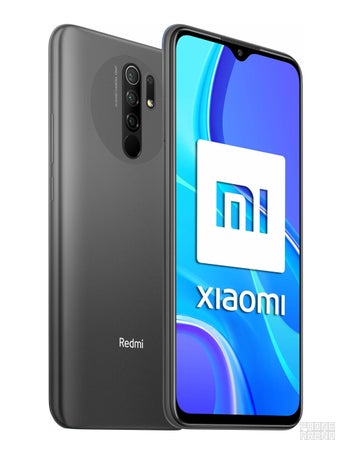
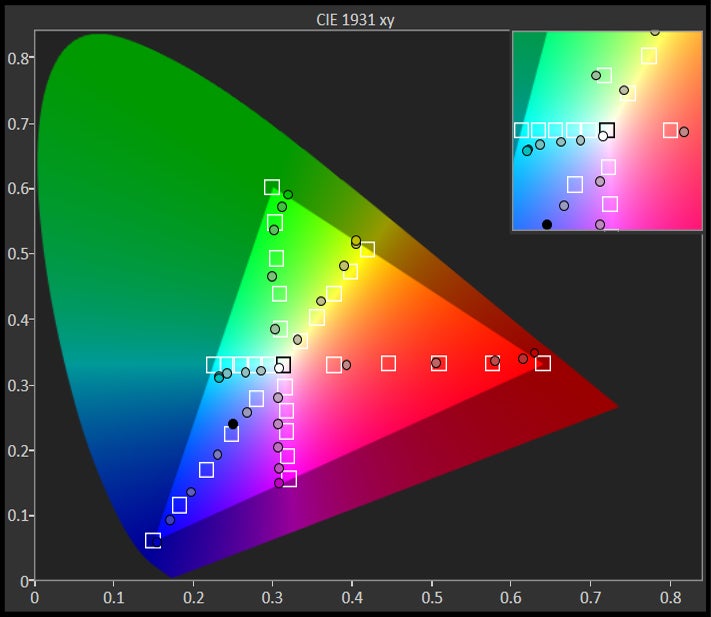











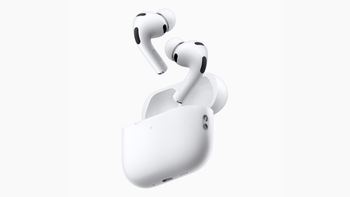
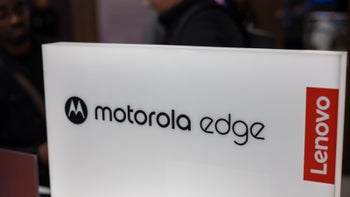

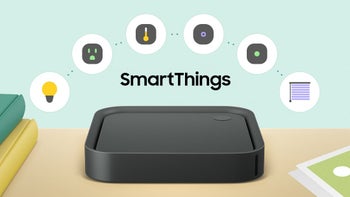
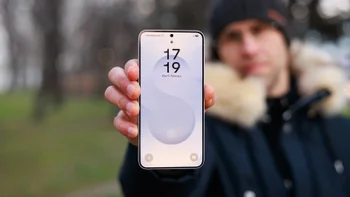
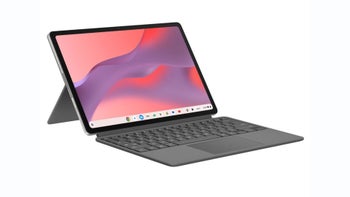

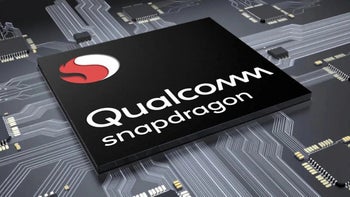

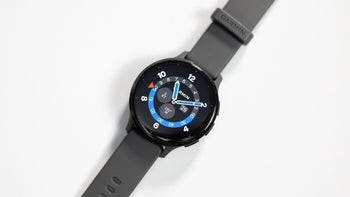
Things that are NOT allowed:
To help keep our community safe and free from spam, we apply temporary limits to newly created accounts: